How To Pick The Right Feminine Hygiene Product For You
When selecting feminine hygiene products, there are several factors to take into consideration. Active women may consider using tampons instead of pads, as it absorbs blood before it leaves your body and promotes freer movement. The part that absorbs blood is made of rayon and cotton mixture. They are available with or without an applicator and in plastic or cardboard materials.
On the other hand, a sanitary pad is worn on the outside of your body. They soak up blood and need to be changed every four to six hours. These products are made in various sizes and shapes with several absorption levels. Some women use them with tampons to prevent overflow and at night while asleep.
Blood Flow
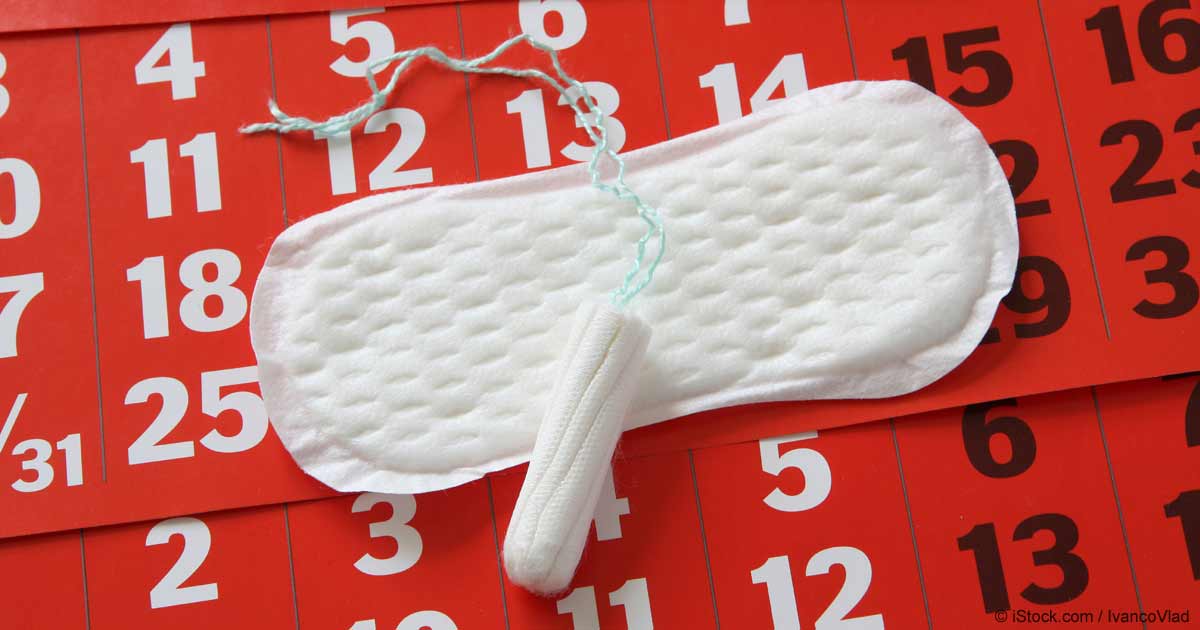
Every woman has their own amount of blood flow during menstruation. The blood loss during a woman's menstrual cycle is due to the amount of endometrium it contains. The endometrium is the uterine lining and is shed during menstruation. The average woman will lose between ten to thirty-five milliliters of blood during her period. The average length of menstrual bleeding is four to six days. This takes, on average, seven to ten normal sized pads or up to twenty regular tampons per cycle.
Some women have light periods and do not lose a large amount of blood, whereas others bleed heavily. These women tend to lose more than eighty milliliters of blood and may have periods that last up to seven days. When blood loss is heavy, clots and clumps may appear that contain tissue. This tissue is the uterine lining and is a common part of menstruation. Heavy periods often require heavy or overnight pads or heavy or super tampons to soak the blood adequately. With these products, the woman will likely use the same number of super tampons or pads (perhaps a couple more) than the average period would take using regular products.
Lifestyle
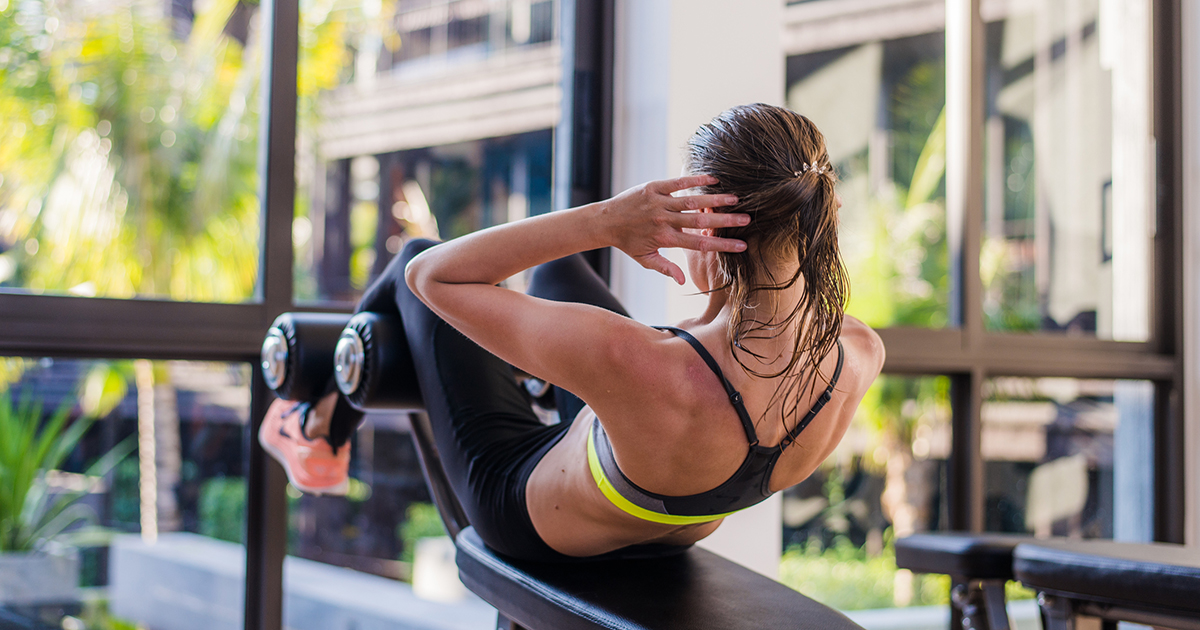
A woman's lifestyle is determined by how they spend time on and off work. It is also based on her physical activities, attitudes, and interests. Since every woman lives her life in a unique way, she needs sanitary products to fit her specifically. A woman who participates in sports such as swimming, tennis, or volleyball, may find using a tampon, sea sponge, or menstrual cup provides the necessary security, as they won't just soak up water like a pad or potentially hinder movement, as they do not fall out of place when inserted correctly.
Women with busy lifestyles often find a feminine hygiene product placed into their body works best. Wearing a tampon or cup is also suitable for going to the beach, attending a special event, and spending the night with friends. In comparison, wearing a pad is suitable when not partaking in physical activity. They can be used at home and at night to prevent leakage. Pads can be bulky and even uncomfortable when worn during the day.
Pros And Cons Of Tampons
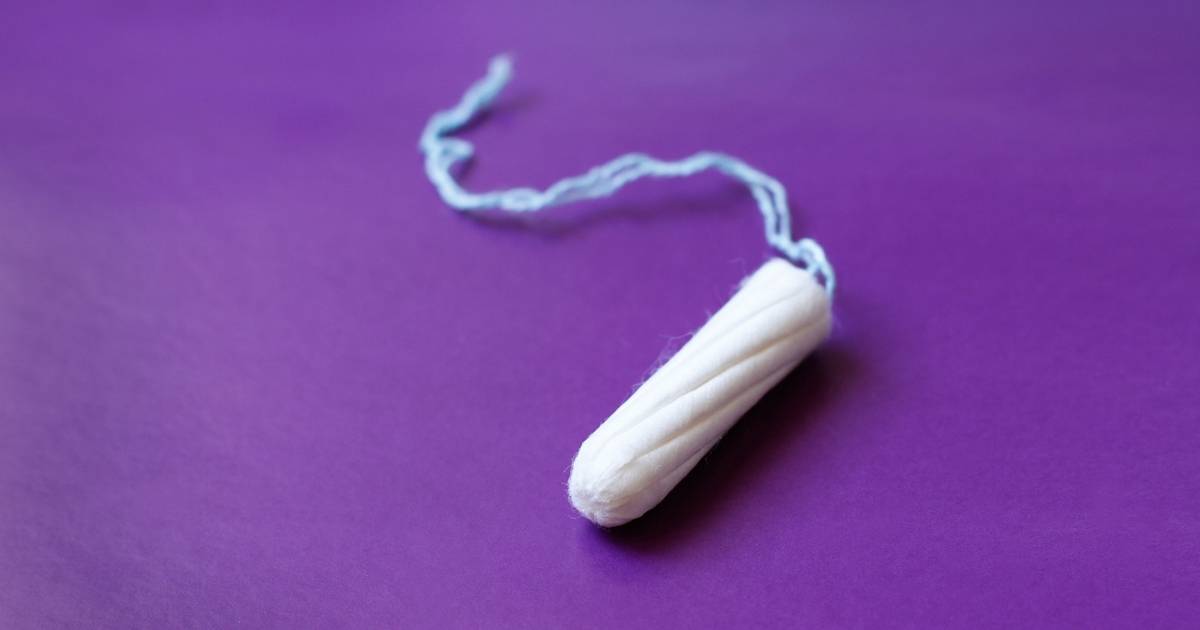
A tampon is a feminine hygiene product designed to be placed inside a woman's body. Women have used them for many years to absorb blood during menstruation. Tampons contain a penetrator, string, and applicator tube that helps with insertion. Of course, there are pros and cons of tampons. Some women use tampons because they do not allow blood to flow out of the body and are considered more sanitary. Women often wear tampons when they are physically active and want more freedom of movement.
Since tampons are worn inside the body, they cannot be felt, and the blood isn't seen leaving the body. They do not feel wet, bulk, and also come in a selection of different absorption levels to fit all kinds of flow. On the other hand, some women prefer not to use them due to the risk of developing pelvic inflammatory disease or toxic shock syndrome. It can also be difficult to gauge the absorption needed when using a tampon.
Pros And Cons Of Pads
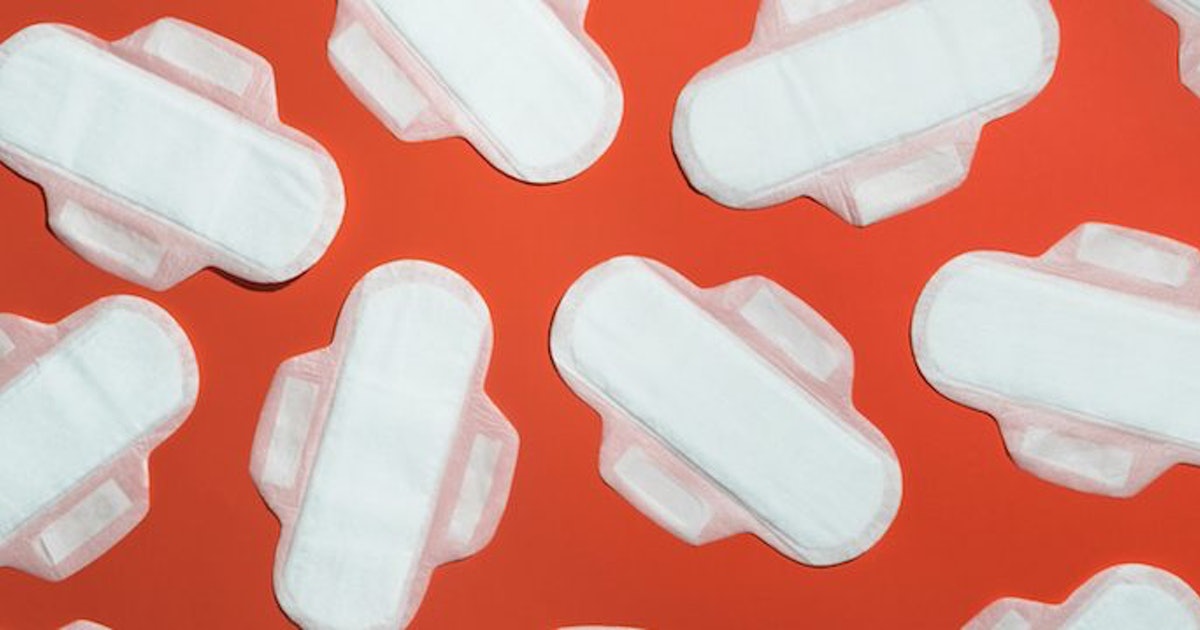
Sanitary pads are another type of feminine hygiene product that absorbs menstrual blood. They are disposable and typically made of bleached rayon, cotton, and plastics. The back sheet contains polymers and an adhesive strip to keep it secured to underwear. There are several types of pads, including ultra-thin, regular, super, and overnight. Many women prefer pads because they do not have to be inserted and can be used securely overnight.
Since pads come in a variety of shapes and sizes, it is easier to find one that delivers the most protection during menstruation. Some of the significant drawbacks to wearing pads include possible visibility, less freedom of movement, and the sound they make when taking them off.
The Menstrual Cup
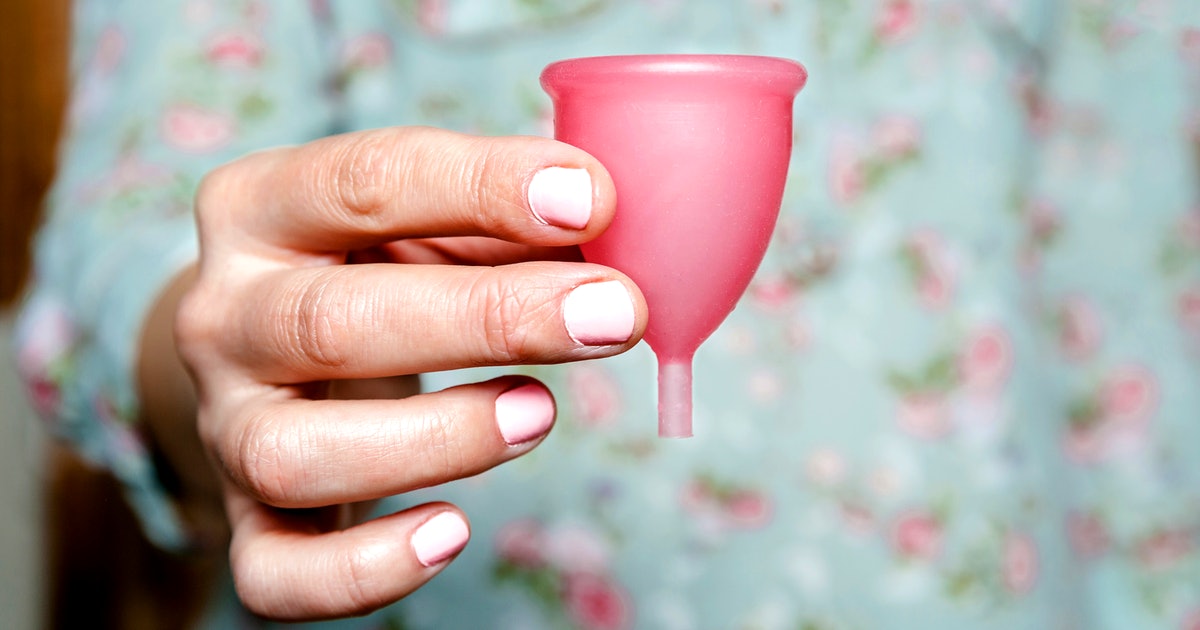
The menstrual cup is inserted inside the woman's body to capture blood loss during menstruation. These cups are usually made of medical grade silicone, natural gum rubber, or thermoplastic elastomer. They are bell-shaped and have a stem to help with insertion and removal. During menstruation, the cup can stay in place for up to twelve hours. When removed, it can be washed, rinsed, and reinserted. However, it is recommended to sanitize the cup after each period with boiling water for cleanliness.
Some women prefer to use the cup over tampons and pads because it is considered safer and is also believed to be more hygienic and eco- friendly, especially since tampons and pads need to be disposed of constantly, and the cup is reused.
